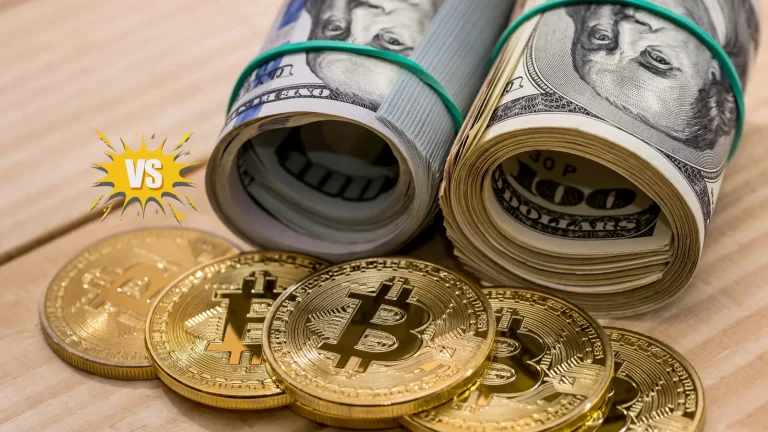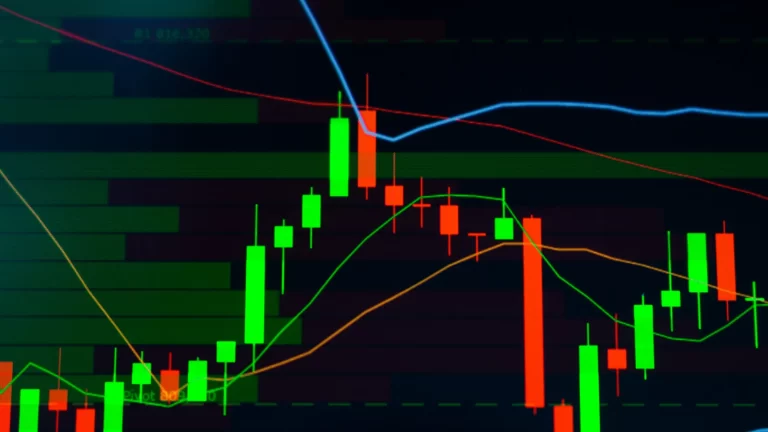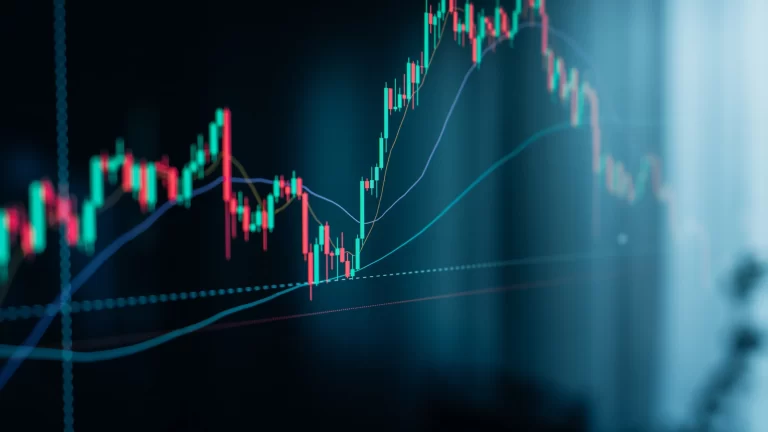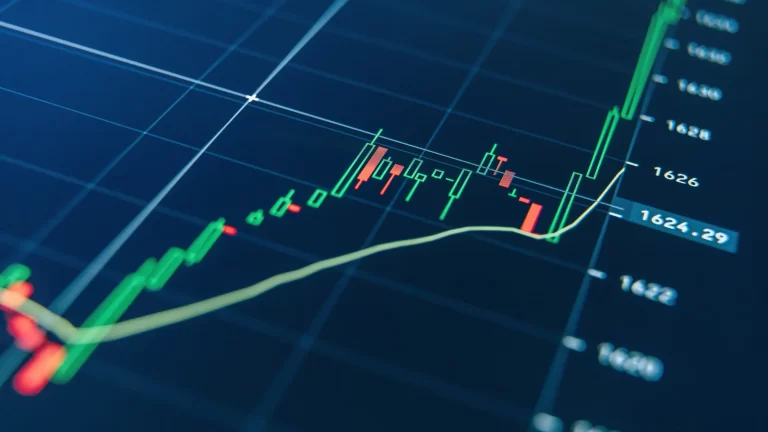The Power of Bitcoin in an Interest Rate Cut Resistant Economy

As the global financial landscape undergoes significant shifts, one emerging observation is the likely de-sensitization of the U.S. economy to interest rate cuts in the upcoming business cycle. This phenomenon, akin to the recent desensitization to interest rate hikes, presents unique challenges and opportunities for investors. Among various investment options, Bitcoin stands out as a particularly compelling asset. In this article, we explore the factors driving this de-sensitization, the economic implications, and why Bitcoin is becoming an increasingly attractive choice for savvy investors.
The Desensitization Phenomenon: Causes and Context
In the recent business cycle, the U.S. economy exhibited a notable resilience to rising interest rates. Despite aggressive monetary tightening, certain sectors and economic indicators remained robust. Several key factors contribute to this resilience:
-
Fiscal Dominance: The U.S. has entered a state of fiscal dominance, where large public debts and deficits diminish the impact of monetary policy. In such a scenario, central bank interest rate hikes can increase fiscal deficits more than they reduce private sector credit creation, dulling the intended effects of monetary tightening.
-
Fixed Rate Debt: Many homeowners and corporations have locked in long-term fixed-rate debt, insulating them from the immediate impact of rising interest rates. This is particularly evident in the housing market, where homeowners with low fixed-rate mortgages are less affected by rate hikes.
-
Consumer Spending Resilience: Consumer spending, which accounts for about two-thirds of U.S. GDP, has remained strong due to fiscal deficits and fixed consumer and corporate rates. Higher public sector interest expenses translate into increased disposable income for certain segments of the population, further supporting consumer spending.
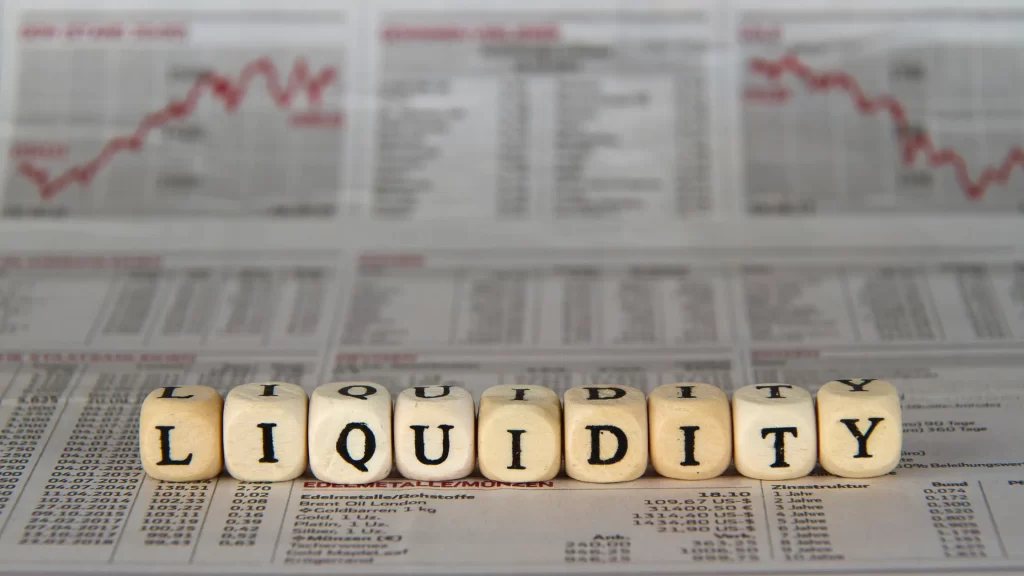
Bitcoin: The Optimal Asset in a De-sensitized Economy
Given the projected de-sensitization of the U.S. economy to interest rate cuts, Bitcoin emerges as a particularly advantageous asset. Here’s why:
Hedge Against Fiscal Dominance and Inflation
Bitcoin operates independently of central banks and government fiscal policies, making it an ideal hedge against the inflationary pressures associated with fiscal dominance. As governments continue to run large deficits and accumulate debt, the value of fiat currencies is likely to erode. Bitcoin’s fixed supply and decentralized nature position it as a robust store of value in an inflationary environment.
Decentralization and Financial Sovereignty
Bitcoin offers unparalleled financial sovereignty. Unlike traditional assets that can be influenced by government policies and central bank decisions, Bitcoin is decentralized and resistant to censorship. This decentralization ensures that Bitcoin remains a reliable store of value and medium of exchange, regardless of macroeconomic conditions.
Global Acceptance and Liquidity
Bitcoin’s growing acceptance and liquidity make it an attractive investment. Major financial institutions, corporations, and even governments are increasingly adopting Bitcoin. This widespread acceptance enhances its liquidity, making it easier for investors to buy, sell, and trade Bitcoin on a global scale.
Technological Innovation and Security
The underlying blockchain technology of Bitcoin ensures high security and transparency. Continuous advancements in this technology further strengthen Bitcoin’s position as a reliable and innovative asset. Additionally, the increasing development of Bitcoin-related financial products, such as ETFs and custodial services, provides more avenues for institutional and retail investors to participate in the Bitcoin market.
Projecting the Next Cycle: Limited Impact of Interest Rate Cuts
The same factors that muted the impact of interest rate hikes are likely to limit the effectiveness of interest rate cuts. The key question is whether mortgage rates will reach new lower lows, triggering a wave of refinancing and stimulating the economy. Current conditions suggest this is unlikely:
- Higher Average Mortgage Rates: The previous low-rate environment was driven by zero short-term interest rates and a pandemic-induced contraction. With ongoing fiscal dominance, trade tensions, and elevated oil prices, it is improbable that mortgage rates will reach new lower lows in the upcoming cycle.
- Limited Refinancing Potential: If mortgage rates do not significantly drop, the potential for refinancing is minimal. Homeowners with high-rate mortgages from recent years may benefit, but the majority of homeowners with already low fixed-rate mortgages will not see a substantial impact.
How to Invest in a De-sensitized Economy
Given the projected de-sensitization of the U.S. economy to interest rate cuts, investors must navigate this environment with careful consideration of macroeconomic trends and structural shifts. Here’s why Bitcoin should be a core component of an investment strategy:
Diversification into Emerging Markets and Hard Assets
While emerging markets and hard assets like gold remain important, Bitcoin offers unique advantages. Its digital nature and fixed supply make it a superior hedge against fiat currency devaluation and inflation. Bitcoin can complement traditional assets, providing a balanced and resilient portfolio.
Allocating to Bitcoin
Bitcoin’s decentralized and deflationary characteristics make it an ideal asset in a fiscally dominant environment. Its ability to preserve value and provide financial sovereignty is unmatched by traditional assets. Investors should consider allocating a portion of their portfolio to Bitcoin, benefiting from its growth potential and hedging capabilities.
Bitcoin’s unique attributes – decentralization, fixed supply, growing acceptance, and technological innovation – make it the asset of choice in this new economic landscape. By diversifying into Bitcoin, investors can hedge against inflation, preserve value, and capitalize on emerging opportunities. The economic landscape is ever-evolving, and staying informed and adaptable will be essential for capitalizing on these evolving opportunities. Bitcoin stands out as a resilient and strategic asset in navigating the complexities of the future.

